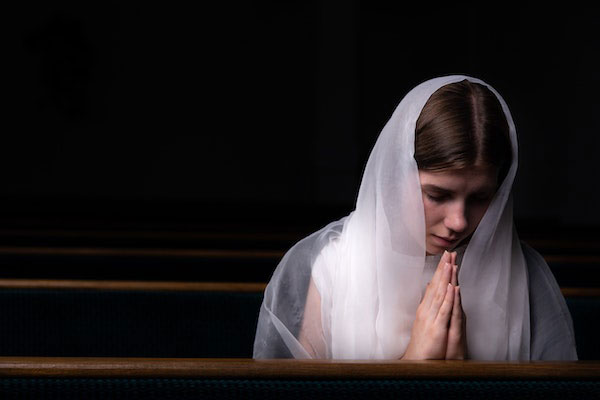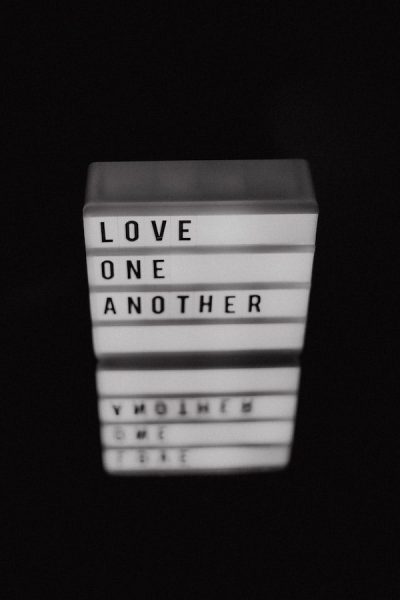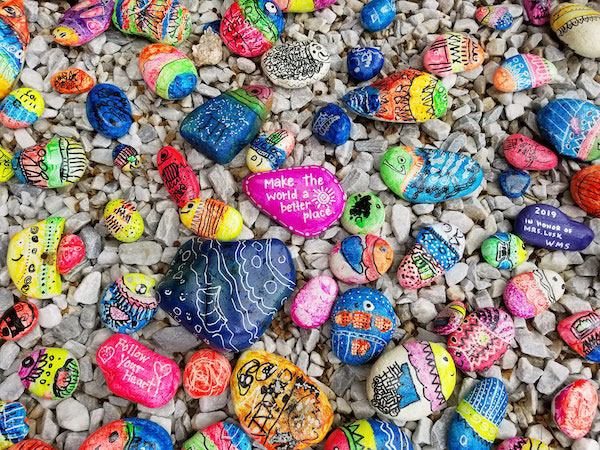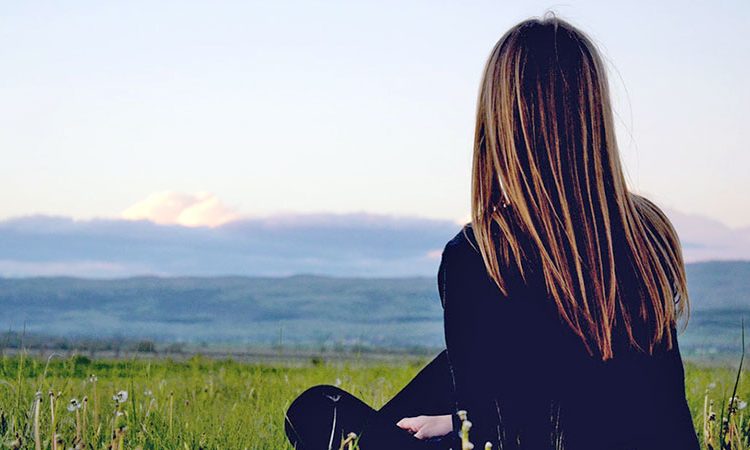The conversation was going nowhere fast.
A friend and I argued about whether the COVID-19 pandemic would ultimately lead to greater compassion and cooperation among communities and businesses.
He took an optimistic stance, in part, because America’s institutions and systems were designed to benefit him, and people like him. I am distrustful because these same institutions and systems were also designed to oppress me and people who look like me. It seemed foolish to believe they could or would protect me in the face of a global pandemic.
“I need to believe we will come together as a people because of this,” he said as the pace of his words quickened.
I realized then we weren’t having a conversation about the politics of a pandemic. We were discussing the tools we each needed for survival. I clung to skepticism to keep me safe because I believe no one is going to rescue me. He clutched optimism because it transformed the fractals of fear, anxiety, and powerlessness into a compelling and hopeful constellation of community.
I stopped arguing with him because my skepticism smothered his optimism. I could think whatever I liked. But I have no right to impose my views on him. Yet, I could not bow down to something I didn’t believe or feel because he needed to be okay. What we both needed in that moment was grace.

Defining Grace
“Grace” derives from the Latin word “gratus,” loosely translated as “pleasing” or “thankful.”
Its meaning has evolved over the centuries. Christians generally believe grace is the “free and unmerited favor of God, as manifested in the salvation of sinners and bestowal of blessings. It can also mean “divinely given talent or blessing.”
Secular definitions of “grace” include “courteous, good will,” “an attractively polite manner of behaving,” and “a period officially allowed for payment of a sum due or for compliance with a law or condition, especially an extended period granted as a special favor.”
“Grace” for me is a three-part act of kindness. It requires a pause, recognition, and active devotion.
The pause allows us to stop and breathe in the moment. It stops the emotions swirling in cyclones in our heads and bodies. Recognition is a mental spark that disassembles judgement and reorders it to a form of understanding. Active devotion means that we commit ourselves to considering the feelings of others and responding with kindness, even if we don’t agree.
Responding with Grace
Just as we grieve in different ways, we absorb the impact of global crises differently.
Some people cope by assembling information and frequently sharing it on social media as an expression of public service. Others, like my friend, verbally analyze every possible implication and craft best and worst-case scenarios.
Coping mechanisms also include using humor and freely expressing ongoing fears and anxieties. And still others (okay, me) watch, wait, evaluate updates, and decided how to act moment by moment.
No one style of coping is right or wrong. Social media, however, opens the vein of possibilities for both optimism and fear to spread. That’s why practicing grace is important.

Be Kind
People assume we all experience things the same way, but we don’t for a myriad of reasons.
Some of us are dealing with grief, chronic illnesses, medical depression, unemployment, and other hardships in addition to having to rapidly adjust to a new normal caused by a global pandemic.
In the early stages of the virus, urgency is needed to adopt public health measures as we work to mitigate the spread of the pandemic and create vaccines. However, the notion that an illness that began in the Wuhan province of China has shaken our comfortable foundations might take some getting used to. We don’t navigate change as much as we endure it.
Also, there may be underlying needs that aren’t being met by some people who are resistant to public health guidelines that have nothing to do with ignorance, denial, or wanting to endanger others.
We don’t know what hidden horrors people are dealing with.
Governmental and institutional responses to the COVID-19 pandemic reveal the societal fissures that have always been there, but concealed under veils of busyness, social media, tribalism, and uncivil discourse.
That’s why I try to remember my friend Tricia’s advice that “Everyone is doing the best they can (even when it doesn’t seem like it). Be kind.”

Stronger Together
We can make it through this global crisis together.
We are already seeing inventive ways people are coping by singing on balconies and using video conferencing to avoid social isolation and create community.
We must not give into fear. As Maya Angelou said, “You may encounter many defeats, but you must not be defeated. In fact, it may be necessary to encounter the defeats, so that you know who you are, what you can rise from, how you can still come out of it.”
Perhaps the person who most needs your grace is you.







Leave a Reply